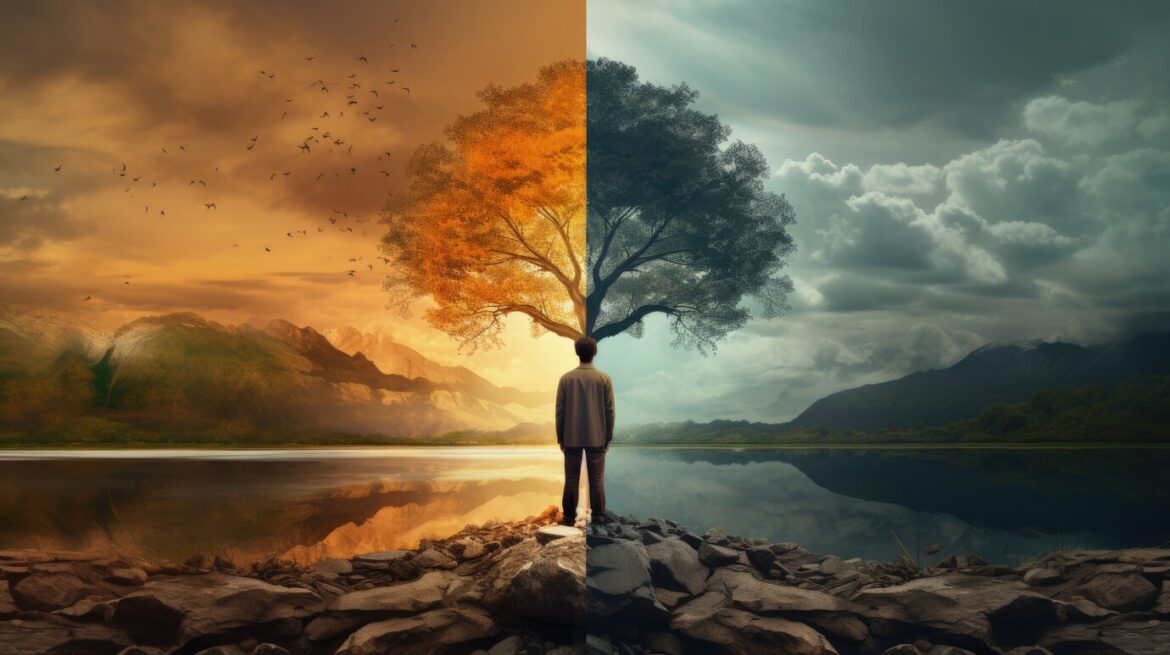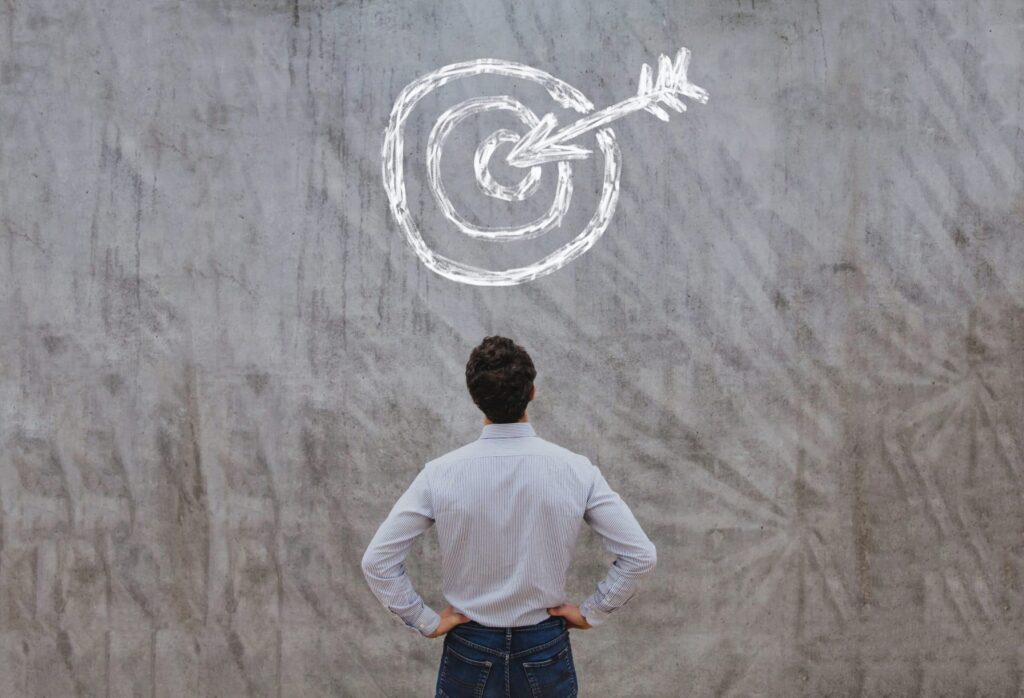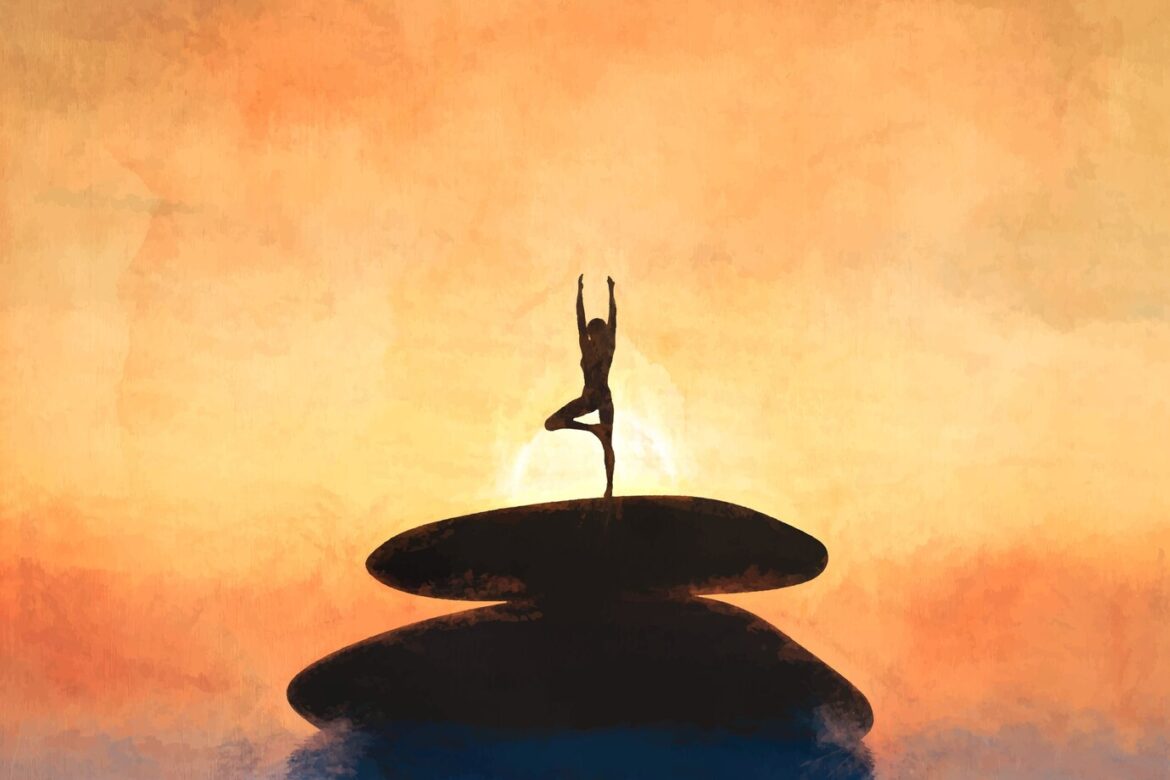From the dawn of human civilization, people have pondered one of the most profound questions: what is the meaning of life philosophy? This question transcends time, culture, and belief systems, drawing responses from ancient sages, modern scientists, religious figures, and ordinary individuals. Though the answers vary, the search itself reveals a universal human drive—to find purpose, connection, and truth in the vastness of existence.
Ancient Roots: How Classical Thinkers Approached Life’s Purpose
The question of life’s meaning is not new. It was central to many of the earliest philosophical traditions. Ancient Greek philosophers laid much of the groundwork for Western ideas about purpose and fulfillment.
Socrates famously declared that “an unexamined life is not worth living,” urging people to seek wisdom and self-awareness. Plato envisioned a world of eternal forms, with the ultimate goal being to understand the nature of goodness and align one’s soul with it. Aristotle introduced the idea of eudaimonia, or flourishing, which he believed was achieved through virtuous living and rational thought.
These thinkers didn’t just speculate—they built systems of ethics and metaphysics to help individuals align their lives with what they saw as higher truths. Their teachings form the backbone of what we now consider the meaning of life philosophy, offering a structured, ethical framework for purposeful living.
Eastern Wisdom: Harmony, Duty, and Liberation
While Western traditions focused heavily on individual virtue and reason, Eastern philosophies presented different pathways to purpose.
In Hinduism, life’s purpose is tied to dharma (duty), artha (prosperity), kama (desire), and moksha (liberation from the cycle of rebirth). Buddhism suggests that life’s meaning comes from ending suffering through the Eightfold Path, cultivating mindfulness, and achieving enlightenment. Confucianism emphasizes social harmony, while Taoism teaches that purpose is found by flowing with the natural order, or the Tao.
These systems highlight that meaning isn’t always about personal achievement or even self-discovery—it can be about surrender, connection, and living in harmony with forces greater than oneself.
Religion and the Divine Purpose
Religious traditions across the globe attempt to answer the big question with divine clarity. In Christianity, life is a gift from God, and its purpose is to love Him and others. Islam teaches that life is a test, and one’s purpose is to worship Allah and live righteously. Judaism emphasizes ethical living, community, and a covenant with God.
Religious views often root life’s meaning in a cosmic narrative: humans are created for a reason, and that reason is woven into divine will. These perspectives offer hope, accountability, and a moral compass, but they also introduce questions about free will and the nature of suffering.
Existentialism: Crafting Meaning in a Chaotic World
Not all philosophies assume life has inherent meaning. Existentialist thinkers like Jean-Paul Sartre, Simone de Beauvoir, and Albert Camus argue that life is essentially meaningless—and that this very realization is what sets humans apart.
Sartre claimed that “existence precedes essence,” meaning we are not born with purpose; we create it through our actions. Camus described life as absurd—a struggle between our desire for meaning and the silence of the universe—but believed we could still live passionately and ethically despite this.
In this view, the philosophy meaning of life lies not in discovering a prewritten script but in writing our own, in rebellion against the void.
Science and Secular Humanism: Meaning Through Progress and Empathy
Modern scientific and secular approaches often replace divine or metaphysical answers with evidence-based reasoning. Evolution, neuroscience, and psychology offer biological explanations for consciousness, desire, and behavior. While science may not provide existential meaning, it explains how humans evolved to seek it.
Secular humanism, for example, argues that we can live meaningful lives through empathy, creativity, and moral responsibility without needing supernatural beliefs. Meaning arises from our relationships, contributions to society, and efforts to reduce suffering and promote justice.
Personal Purpose: Where Individual and Collective Meaning Meet
In the modern world, many people seek meaning on a personal level. This might involve pursuing passions, building relationships, raising a family, achieving goals, or leaving a legacy. For others, meaning may come from serving a higher cause, healing from trauma, or making peace with mortality.
The Japanese concept of ikigai—one’s reason for being—encourages finding the sweet spot between what you love, what you’re good at, what the world needs, and what you can be paid for. This fusion of passion, skill, and service is a compelling model for those navigating modern life.
This idea also reflects the meaning of life philosophy that combines external values with internal desires—a bridge between duty and freedom.
Universal vs. Personal Meaning: Can Both Exist?
There is ongoing debate about whether meaning is universal (applicable to everyone) or personal (unique to each individual). Philosophers like Immanuel Kant and Leo Tolstoy explored the tension between these ideas.
Universal meaning implies that there are objective truths—such as compassion or justice—that give life value. Personal meaning, however, is subjective and changes based on one’s experiences, beliefs, and circumstances.
In reality, many people hold both views simultaneously. They believe in shared moral values while also crafting deeply personal life narratives. This duality might be the most realistic and flexible way to engage with the mystery of existence.
Conclusion: The Everlasting Search
So, what is the meaning of life philosophy? There’s no single answer, and perhaps that’s the point. Meaning is not just found—it’s created, chosen, and lived. From ancient wisdom to modern existentialism, from religious faith to scientific understanding, the quest to define purpose is a core aspect of being human.
Whether you find your answer in scripture, science, service, or self-expression, the journey itself is meaningful. The philosophy meaning of life may not be about reaching a final conclusion but engaging deeply with the question itself. And in that exploration, many discover that the meaning of life is, ultimately, to live meaningfully.

















